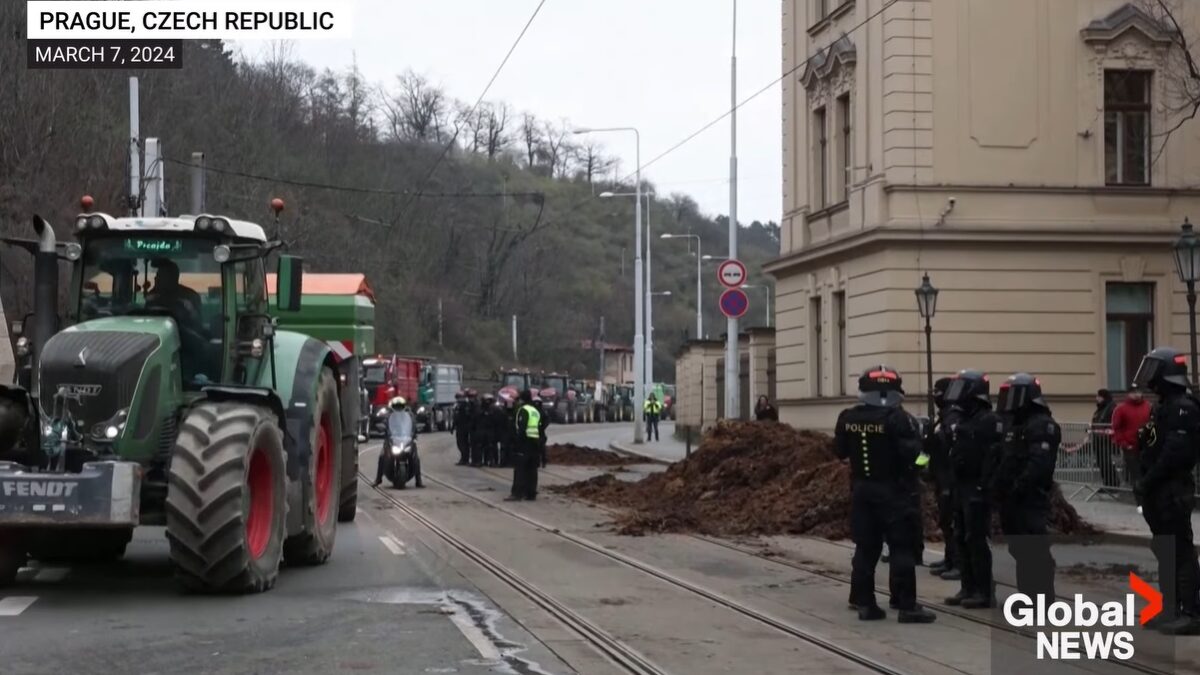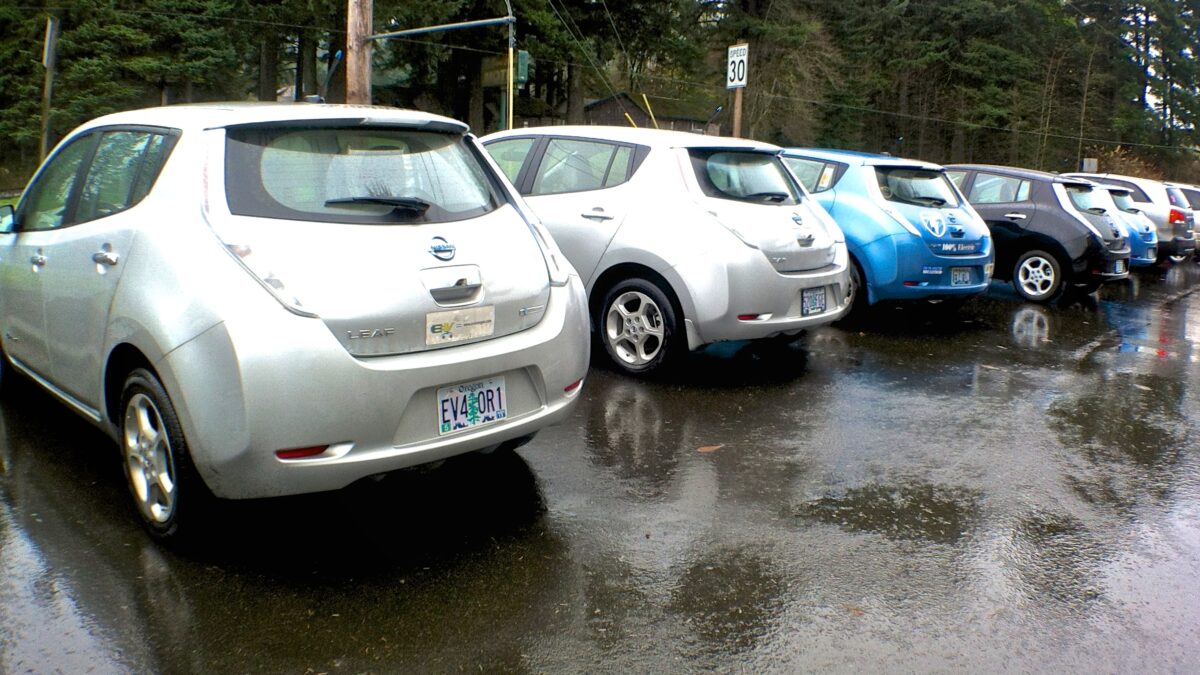
In passionate political debates, opinions have always been stubbornly impervious to facts. That is probably one reason the Founders established the judiciary branch: To get facts out in the open for all to evaluate. This principle is being tested in a high-stakes gambit by environmentalists and trial lawyers to sue the energy industry for potentially billions of dollars.
Over the last 18 months, plaintiff lawyers have harnessed the ardor of environmental activists, left-leaning politicians, and liberal donors to launch a legal crusade against energy companies, notably ExxonMobil, in one of the fiercest policy fights in memory. In a number of lawsuits, the company has been accused of conspiring to conceal the link between fossil fuel usage and climate change in a decades-long conspiracy that activists say is akin to Big Tobacco’s coverup.
But the effort has not been very successful. In New York, for instance, Exxon has handed over thousands of documents to Attorney General Eric Schneiderman, who opened an investigation in late 2015 but has yet to file any charges against the company. In fact, he has turned out to be a prosecutor in search of a crime.
At the moment, Schneiderman is investigating whether ExxonMobil misled investors by declaring in its regulatory filings that global efforts to combat climate change would not result in leaving massive quantities of oil reserves in the ground as so-called “stranded assets.” This investigation came only after Schneiderman abandoned his investigation into #ExxonKnew, a hashtag that summed up the movement calling for prosecuting the company for funding groups that critique mainstream climate science, even though company scientists knew different.
Using Public Resources to Investigate Conspiracy Theories
It’s not surprising that Schneiderman abandoned #ExxonKnew, given that it is a preposterous conspiracy theory advanced in a 2010 book called “Merchants of Doubt” co-authored by Naomi Oreskes, a Harvard professor who has become a darling of the environmental movement. The book catapulted her to the pantheon of environmentalist thought leaders and provided them the convenient facts they needed for a broad assault on ExxonMobil that included lawsuits, grassroots protests, and political lobbying.
The book also became something akin to sacred scripture by 2012 when Oreskes helped organize a conference in La Jolla, Calif. That gathering yielded a report, “Establishing Accountability for Climate Change Damages: Lessons from Tobacco Control,” which detailed the tactics used in the successful prosecution of tobacco companies in the 1990s and provided a blueprint for a similar campaign against the oil industry. It became a how-to manual on how to use public relations, political rhetoric, and lawsuits to go after an industry.
But with the #ExxonKnew movement losing steam and even the backing of attorneys general like Schneiderman, Oreskes resurfaced last year with yet another attack on ExxonMobil. This time, she and a colleague published a report claiming an analysis of public statements shows that ExxonMobil did indeed mislead the public on climate change.
It got widespread coverage but it was wrong in many ways. To reach this conclusion, Oreskes and her colleague relied on content analysis, a field of scholarship that reviews documents, pictures, audio files, and videos to quantify patterns in communication among groups and individuals. But the study ran headlong into a problem: Kimberly A. Neuendorf.
One of Their Own Sources Testifies Against Them
Neuendorf, a Cleveland State University professor with decades of experience in content analysis, evaluated Oreskes’s assertions and determined the data analysis by Oreskes and her co-author is “unreliable, invalid, biased, not generalizable, and not replicable.” What’s more, Oreskes and her colleague cited a book Neuendorf wrote on the subject as the source for their information on content analysis.
Neuendorf has even broader credentials. She has been an expert witness in a high-profile defamation case, providing an analysis of Twitter to demonstrate how news coverage influenced social media activity. In a national class-action against an automobile manufacturer, she analyzed the volume and content of news stories to assess consumers’ potential understanding of the alleged defect. With her widely respected work in quantitative methods of content analysis, Neuendorf has consulted for the U.S. Secret Service’s Threat Assessment Center, the National Cancer Institute, and the Harvard Identity Project.
With such credentials in parsing facts, perceptions, and misconceptions, it is no surprise that Exxon has sought her analysis and counsel as it pushes back against spurious claims by environmental activists, academics, wealthy foundations, and politicians. Her rebuttal to Oreskes’s conclusions were included as an attachment in Exxon’s recent petition for a federal judge in Texas to allow Exxon to conduct depositions and obtain documents pertaining to potential claims of abuse of process, civil conspiracy, and violations of ExxonMobil’s constitutional rights that have been part of a multi-million-dollar campaign against the company.
In any high-profile legal battle where the motives, intentions, and tactics are central, both sides must be transparent and accountable. Up to now, the burden has been disproportionately on Exxon to divulge troves of documents on internal and external communications. Going forward, the disinfecting effect of sunlight should penetrate the company’s foes as well.









